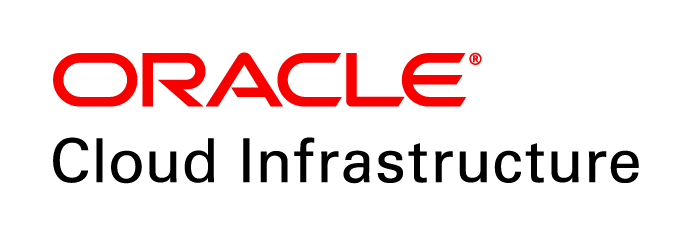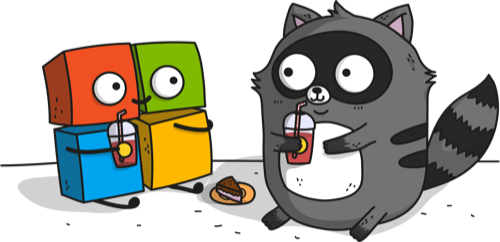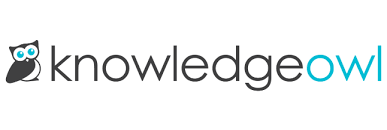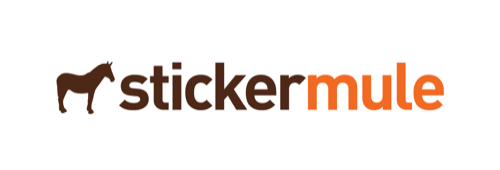Convince Your Manager¶
Do you need help justifying why your employer should send you to Write the Docs? Don’t worry – you’re not alone. Based on the experiences of some of our previous attendees, we’ve put together a sample email and list of resources below. Feel free to adapt and share with your manager to show them the many benefits of attending!
Sample email¶
Remember to change the things in [brackets]!
FROM: [your name]
TO: [your employer or manager’s name]
SUBJECT: Professional Development: Documentation Community Conference
I’d like to attend Write the Docs in Portland, 6-8 May 2018. This three-day event explores the art and science of documentation, and covers a diverse range of topics related to documentation in the software industry.
Write the Docs conferences bring together everyone who writes the docs – Tech Writers, Developers, Developer Relations, Customer Support – making the events an ideal networking opportunity. Each conference successfully combines a number of different event formats to deliver engaging, practical, and timely content.
There is a single track of talks, a parallel unconference event, and a community writing day. The sessions from 2017 will give you a good idea of the kinds of topics covered, many of which are relevant to my work.
Costs:
- Conference ticket (includes breakfast and lunch) - $450
- Travel – [fill in with estimate]
- Accommodation – – [fill in with estimate]
Benefits:
- Discovering solutions to problems I’m facing at work
- Exposure to the latest ideas, techniques, and tools for software docs
- Opportunity to learn from the best doc teams in the industry
- Building professional connections with other documentarians
Thanks in advance, [your name]
Resources¶
When discussing how to pitch the conference, a few generally helpful tips emerged:
- Highlight a few specific talks that relate to ongoing projects at work. (This one’s dependent on pitching after the talk line up has been announced).
- If your company is looking to hire another documentarian, the job fair and networking at the event are an excellent resource.
- Don’t forget that one of the benefits to your attendance is that it raises the visibility of your company in the community. If your team wants a reputation for caring about their docs, having people at Write the Docs is a great way to do that.
In addition, it can be useful to share some info about previous conferences. You can find the websites for previous events on Conferences, and a quick list of last year’s talks down below. But perhaps more useful might be some of the info in our Press Kit, which includes community testimonials, photos, and more.
List of talks from 2017¶
- Workshop: Learn how to Git by Matthew Desmond
- Workshop: Structuring and writing documentation by Heidi Waterhouse
- Everyone’s a player (in a mid-90s MUD) by Kenzie Woodbridge
- Testing: it’s not just for code anymore by Lyzi Diamond
- Unconference Session: Write the Docs Meetup Groups by Mike Jang, Margaret Eker, Laura Stewart
- Building navigation for your doc site: 5 best practices by Tom Johnson
- You have already succeeded: Design critique guidelines make feedback easier. by Christy Lutz
- Only Interesting Conversations: The symbiotic relationship between docs and support by Matthew Buttler
- Unconference Session: QueerTea by Ashleigh Rentz
- Error Messages: Being Humble, Human, and Helpful will make users Happy by Kate Voss
- Interviewing and hiring technical writers: the Siberian way by Sam Faktorovich
- Treating documentation like code: a practical account by Jodie Putrino
- No Community Members Were Harmed in the Making of This Doc Sprint: How we ran a 48-hour event to collect community wisdom into a guidebook for newsroom developers by Ryan Pitts, Lindsay Muscato
- The Wisdom of Crowds: Crowdsourcing Minimalism in an Open Organization by Ingrid Towey
- Caring Systems: Documentation as care by Amelia Abreu
- Bootstrapping Docs at a Startup by Jesse Seldess
- Unconference Session: Release Notes: What’s Working (and Not Working) for You? by Leona Campbell, David Bastedo
- Unconference Session: Worst-case Scenario Planning by Melissa Chavez
- Even Naming This Talk Is Hard by Ruthie BenDor
- Start with the tasks, not the endpoints by Sarah Hersh
- Intelligent Documents and the Verifiability Crisis in Science, Tech Writing, and Life by Carl Parker
- Do you know a runbook from a flip book? How sysadmins use documentation by Andrea Longo



















